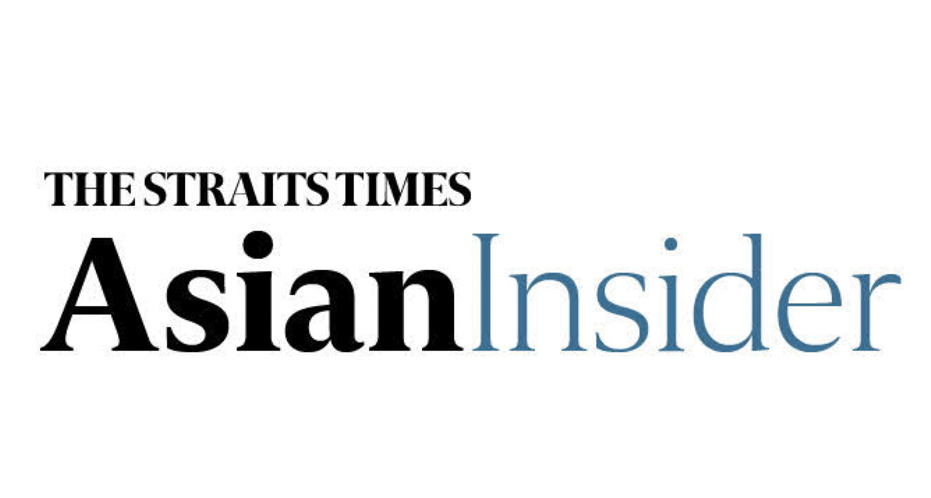Driving commercial and political engagement between Asia, the Middle East and Europe
Driving commercial and political engagement between Asia, the Middle East and Europe
Driving commercial and political engagement between Asia, the Middle East and Europe

12 December 2019
In today’s bulletin: India’s controversial citizenship bill stokes anger and questions about where it stands on secularism, Suu Kyi fails to convince the Rohingyas, a progressive Thai party that wanted to bring about change now faces dissolution, Chinese companies build capability while awaiting the next move on the US-China trade dispute front, Kim launches new resort to attract tourists and more.
IS INDIA MOVING AWAY FROM SECULARISM?

Protests broke out in India’s north-east while secularism supporters shook their heads in disbelief as the country’s upper house of Parliament passed the Citizenship Amendment Bill that allows for citizenship to be granted to people of different religious minorities from three neighbouring countries, but not Muslims. Islamic groups, some members of the opposition and others saw the move as another bid by the ruling government to marginalise India’s 200-million Muslims. The government has said such fears are unfounded and the bill is not aimed at Muslims in India. Still, not all are convinced.
Read more:
India’s controversial citizenship law sparks violent protests
US panel eyes sanctions for Indian minister Amit Shah over citizenship curb for Muslims
India takes step towards blocking naturalisation for Muslims
ROHINGYAS LAMBAST SUU KYI’S GENOCIDE DENIAL

Rohingya refugees accused Myanmar leader Aung San Suu Kyi of lying before the International Court of Justice as she denied that the country’s armed forces were guilty of genocide against the Muslim minority group.Citing evidence, they called for justice to be delivered on the basis of evidence.
Don’t miss:
Inside Cox’s Bazar, the world’s largest refugee camp
The Lady and The Hague: Myanmar leader Suu Kyi courts home audience
THAI FUTURE FORWARD PARTY FACES DISSOLUTION

Thailand’s Future Forward Party, which has been in the limelight in recent years ever since party leader Thanathorn Juangroongruangkrit shared his desire to be prime minister, is now facing the prospect of dissolution after Thailand’s Election Commission (EC) said it would file a motion with the Constitutional Court over a loan from the party chief. Will the courts agree?
Read more:
Thai opposition leader Thanathorn says protests possible as tension climbs
Future Forward party’s survival at risk as leader disqualified as MP by Thai court
Leader of anti-military party in Thailand confident it will survive his disqualification as MP
CHINESE COMPANIES BUILD ON SELF-RELIANCE AS TARIFF DEADLINE LOOMS

Chinese companies are building their capabilities to sustain growth and reduce China’s reliance on the US with the trade war now lasting a year and a half. A key decision on whether the US will proceed with a planned tariff hike on Chinese goods worth US$160 billion will be made on Sunday. But Chinese firms are taking a longer term approach to fortify themselves against future levies or political moves.
Don’t miss:
China says it is in close communication with US on trade
Trump’s senior trade adviser Peter Navarro highlights case for more China tariffs
Huawei wins contract to develop German 5G network
KIM’S NEW RESORT FOR TOURISM DOLLARS

North Korean leader Kim Jong Un is trying to encourage tourism to bring in extra dollars, as he is facing a cash crunch because of the sanctions imposed by the US. This week, he opened a new mountain spa and ski resort intended for people to enjoy “high civilisation under socialism”.
Read more:
North Korea says ready to respond to any corresponding measure that US chooses
IN OTHER NEWS

ASIAN MARKETS UP BUT AWAIT UK RESULTS: Asian equities were up and the dollar seemed subdued after the US Federal Reserve indicated that it was unlikely to change interest rates throughout next year, while the pound was in focus as the UK prepared to vote. Investors were also keeping an eye on what happens next in the US-China trade war, with a key deadline looming.
HONG KONG MATTERS AS A BUSINESS HUB: Protests so far have not done much damage to the city’s reputation as an international business hub, says a new report by credit rating agency Fitch. However, that could change if protests continue and if it turns more violent.
MOST EXPENSIVE CITIES: The Republic climbed five spots to become the 13th most expensive city in the world for expatriates. It alsorose two places in Asian rankings to become the seventh most costly location in the continent. Other Asian countries in the top 10 of the global rankings were Tokyo (No. 2), Hong Kong (No. 6), Yokohama (No. 8) and Nagoya (No. 10). Seoul was placed 16th, Macau 18th and Shanghai 22nd.
These insights are produced by The Straits Times, the official media partner for the Asia House Global Trade Dialogue, which took place in Singapore on 7 November 2019.
Reading this on the web or know someone who might enjoy receiving Asian Insider? The sign-up page is here
